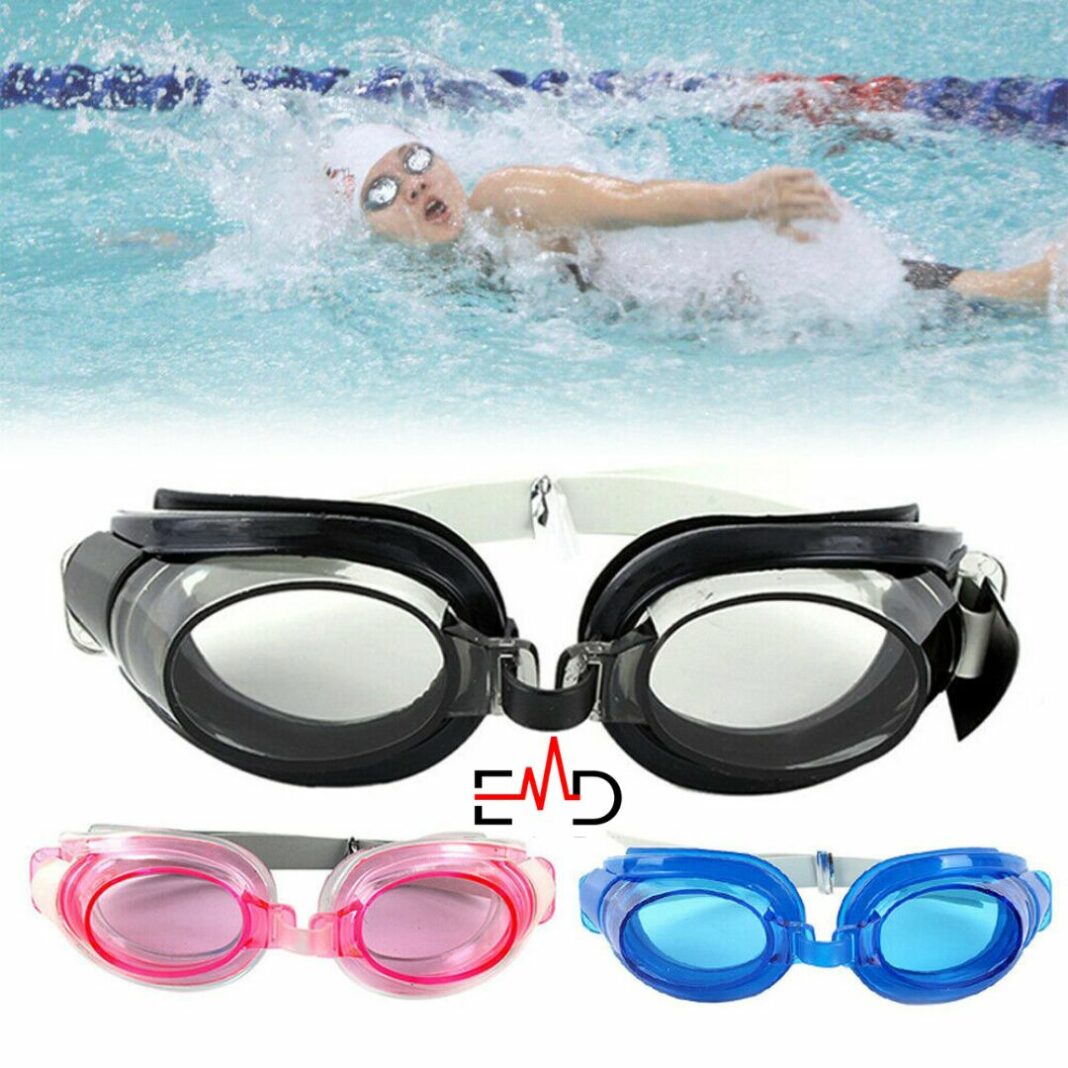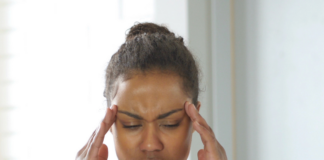Exercise Daily – Hair Care When Swimming: Most people don’t join pools to protect their hair. The fear of dry hair and body deterioration after a long time in the water forces the swimmer to abandon their favourite sport. It doesn’t seem that chlorine can cause hair loss. This does nothing to discourage you from using the most efficient methods of hair maintenance in swimming so you enjoy it without worries. This article will show you how water affects hair.
When you go for a swim, it’s important to take care of your hair so it doesn’t become dry or damaged. Here are five tips to help you keep your hair healthy and dry when swimming:
1. Wet your hair before you get in the pool. This will help to prevent your hair from absorbing too much-chlorinated water.
2. Wear a swim cap. This will protect your hair from the sun and from the chlorine in the pool.
3. Avoid using hot tubs or Jacuzzis. The chemicals in these can be damaging to your hair.
4. After swimming, rinse your hair with fresh water. This will help to remove any chlorine or salt water that may be left in your hair.
5. Use a conditioner or leave-in treatment. This will help to keep your hair hydrated and prevent it from becoming dry or brittle.
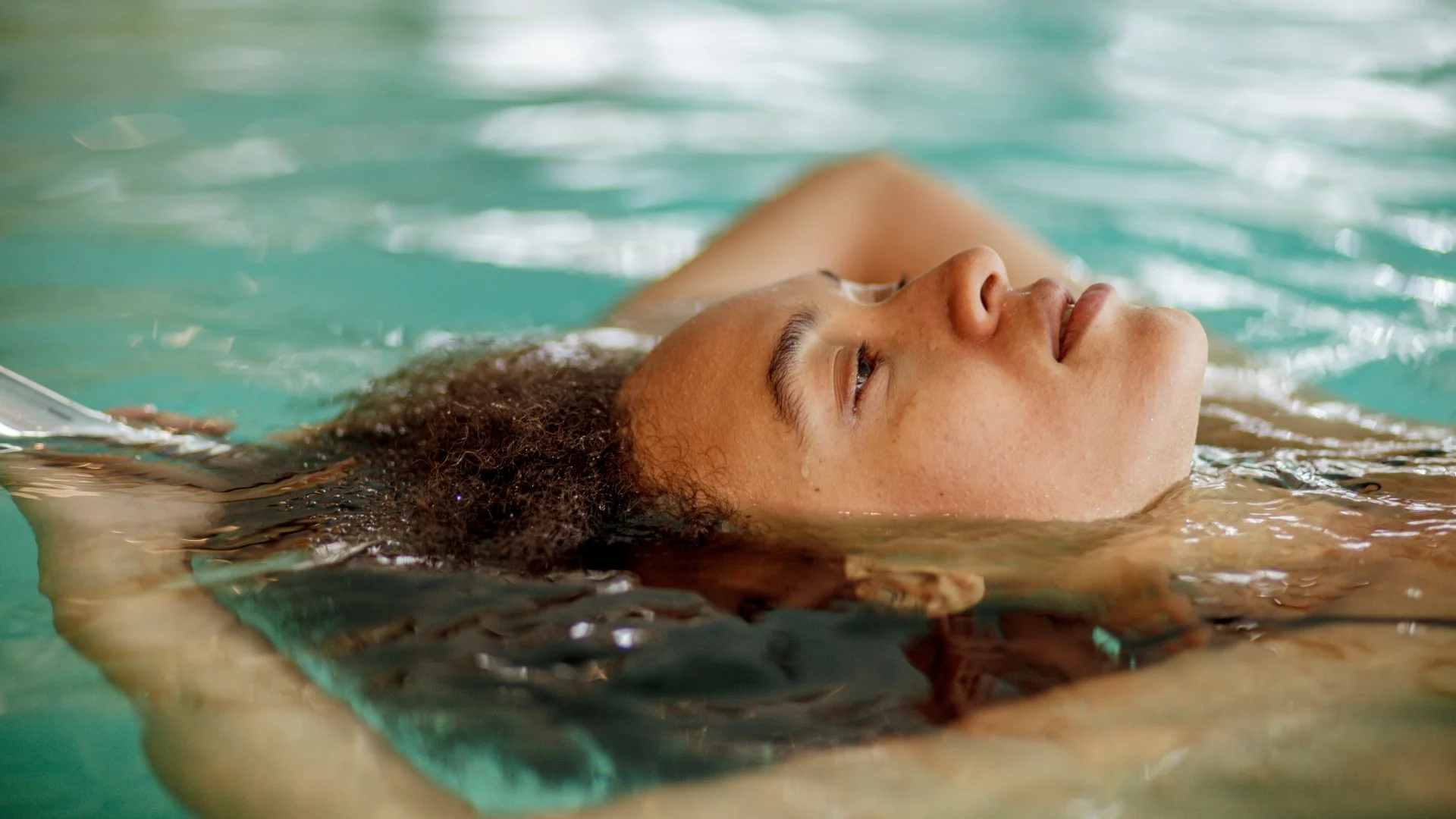
5 Tips To Keep Your Tresses Safe And Dry
Swimming is a great exercise to stay fit and healthy. It is also a lot of fun. However, swimming can also be tough on your hair. The chlorine in pool water can dry out your hair and make it brittle. The salt in seawater can also damage your hair.
Our hair is one of the most crucial aspects of our appearance, and we all want to keep it looking healthy and shiny. But with various factors such as pollution, humidity, and excessive heat, maintaining healthy hair can be challenging. In this article, we will share with you five tips to keep your tresses safe and dry, even in harsh environments.
1 Cover Your Hair When Outdoors
One of the easiest ways to protect your hair from environmental factors is by covering it when you’re outside. A hat or scarf can protect your hair from the sun’s harmful rays, while also keeping it safe from wind damage. If you’re going to the beach or pool, wear a swim cap to prevent your hair from getting wet, as salt and chlorine can be incredibly damaging.
We all know that we should protect our skin from the sun’s harmful rays, but did you know that your hair is just as susceptible to damage? The sun can cause your hair to become dry, brittle, and can even lead to hair loss. One way to protect your hair from the sun is to wear a hat or scarf. If you’re going to be outdoors for an extended period of time, make sure to cover your head.
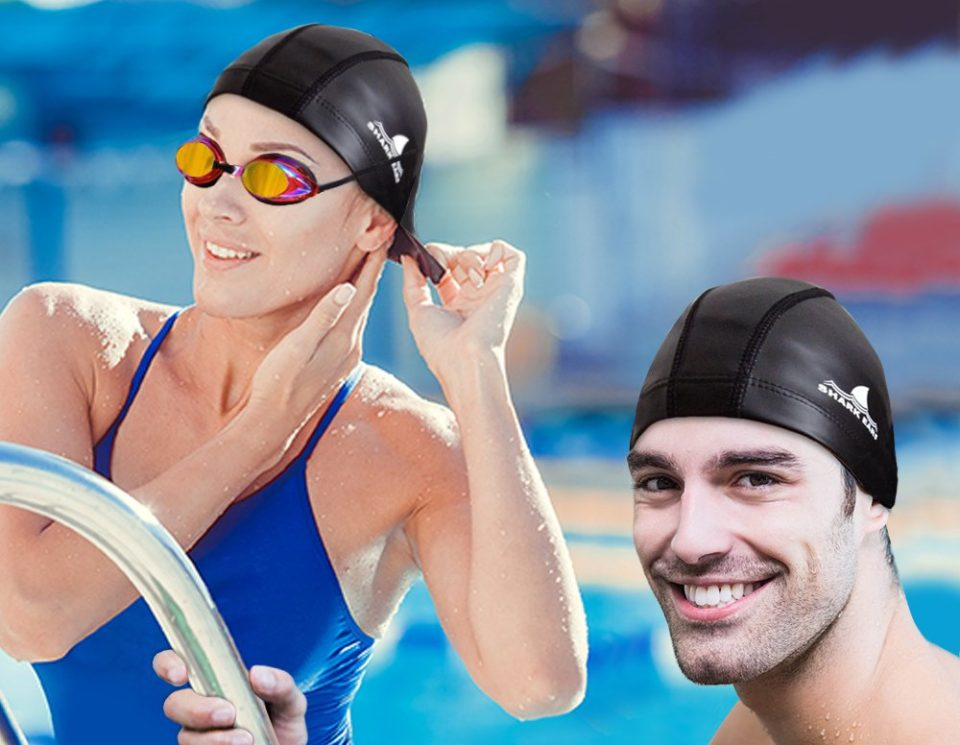
2 Use a Heat Protectant
Heat styling tools like straighteners, curling irons, and blow dryers can cause significant damage to your hair. However, if you can’t avoid using them, it’s crucial to use a heat protectant spray or serum. These products form a barrier between your hair and the heat, reducing the risk of damage.
Summertime means pool time, but it also means taking extra care of your hair. Chlorine and salt water can strip your strands of their natural oils, leaving them dry, brittle, and more prone to damage. But don’t let that stop you from enjoying a dip! We’ve got the scoop on how to protect your hair while swimming, so you can make a splash without sacrificing your style.

3 Avoid Over-Washing Your Hair
Washing your hair too often can strip it of its natural oils, leaving it dry and brittle. While it’s essential to keep your scalp clean, you should aim to wash your hair no more than every other day. If you have oily hair, use a dry shampoo between washes to keep it looking fresh.
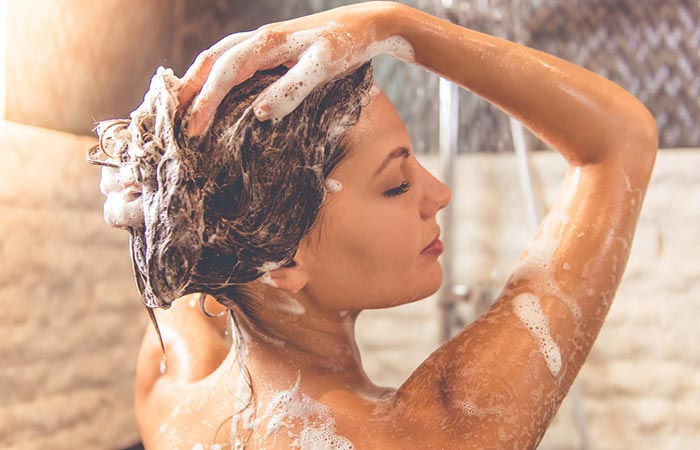
4 Condition Your Hair Regularly
Conditioning your hair is vital to keep it healthy and hydrated. Use a deep conditioning treatment once a week to restore any damage and keep your hair looking smooth and shiny. When conditioning your hair, focus on the ends as they tend to be the driest part.
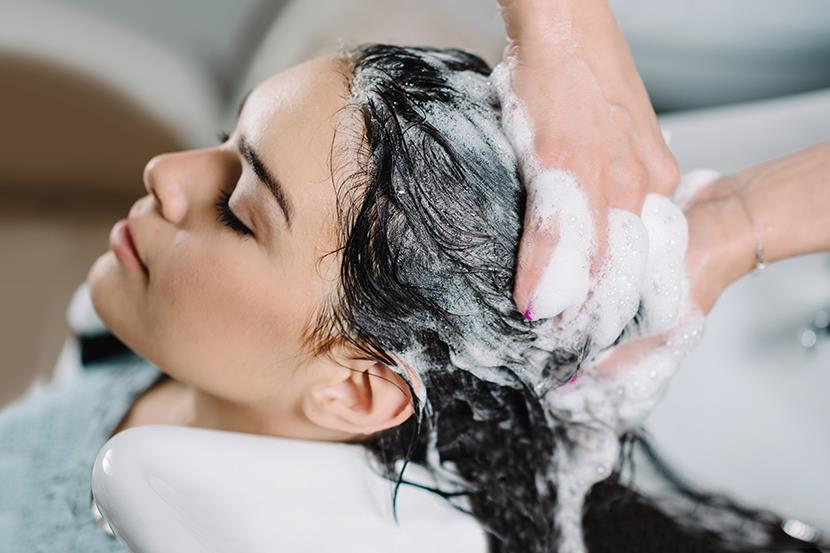
5 Protect Your Hair While Sleeping
Friction from your pillowcase can cause breakage and damage to your hair while you sleep. Swap your cotton pillowcase for a silk or satin one to reduce friction and protect your hair. You can also tie your hair up in a loose bun or braid to prevent it from tangling while you sleep.

Keep Your Hair Care Simple When Swimming
If you love swimming, then you know how important it is to keep your hair care simple. After all, you don’t want to spend hours in the pool and then have to deal with a tangled mess when you get out. Here are five tips to help you keep your tresses safe and dry when swimming:
1. Wet your hair before you get in the pool. This will help to prevent your hair from absorbing too much-chlorinated water.
2. Wear a swimming cap. This will protect your hair from the harsh chemicals in the pool and keep it from getting tangled.
3. Use a leave-in conditioner. This will help to keep your hair hydrated and prevent it from drying out.
4. Rinse your hair with clean water after swimming. This will help to remove any chlorine or other chemicals that may be in your hair.
5. Use a deep conditioner once a week. This will help to keep your hair healthy and prevent it from becoming damaged.
Protect Your Hair From The Sun When Swimming
We all know how important it is to protect our skin from the harmful effects of the sun. But did you know that your hair is just as susceptible to damage from UV rays? If you’re a fan of swimming in the pool or ocean, it’s especially important to take measures to protect your hair from the sun when swimming. Here are 5 tips to keep your tresses safe and dry:
1. Wear a swim cap.
This is an obvious one, but it’s worth mentioning. If you’re going to be spending a lot of time in the water, make sure to wear a swim cap. This will help to keep your hair from getting wet and will also protect your scalp from the sun’s rays.
2. Use a leave-in conditioner.
Before you head out to the pool or beach, apply a leave-in conditioner to your hair. This will help to add a barrier of protection against the sun and will also keep your hair from drying out. If you use the hair colour then protect your hair from pool chemicals and salted water.
3. Rinse your hair with clean water after swimming.
Chlorinated water can be extremely drying to your hair. Make sure to rinse your hair with clean water as soon as you get out of the pool or ocean. This will help to remove any chlorine or salt water that could damage your hair.
4. Apply a leave-in treatment.
After you’ve rinsed your hair, apply a leave-in treatment or conditioner. This will help to hydrate and protect your hair from the sun’s rays. Use coconut oil if you swim regularly for your hair care routine.
5. Dry your hair before going outside.
If you are going to be spending time in the sun, make sure to your hair dry before you go outside. Wet hair is more susceptible to damage from the sun, so it’s important to make sure it’s completely dry before you expose it to the sun’s rays. For skincare check the 9 Best Anti-Aging Hand Creams 2023.
Conclusions
In conclusion, keeping your hair healthy and safe from damage requires a combination of protective measures and proper care. By following these five tips, you can keep your tresses safe and dry, even in harsh environments. Remember to cover your hair when outdoors, use a heat protectant, avoid over-washing, condition regularly, and protect your hair while sleeping.
FAQs – Hair Care When Swimming
How often should I deep condition my hair?
You should deep condition your hair once a week to keep it healthy and hydrated.
Can I use regular shampoo on coloured hair?
A. Yes, you can use regular shampoo on coloured hair. However, it’s best to use a shampoo that’s specifically formulated for color-treated hair to prevent fading and damage.
Is it essential to use a conditioner after shampooing?
A. Yes, it’s crucial to use a conditioner after shampooing to restore moisture and hydration to your hair.
How often should I wash my hair if I have a dry scalp?
A. If you have a dry scalp, you should aim to wash your hair no more than twice a week to avoid stripping it of its natural oils.
Can heat styling tools cause permanent damage to my hair?
A. Yes, heat styling tools can cause permanent damage to your hair if used excessively or incorrectly. Using a heat protectant can reduce the risk of damage.
How do swimmers keep their hair healthy?
When your hair is more susceptible to chlorosis, apply a leave-in conditioner on your skin to protect your scalp. Natural oils such as olive oil, coconut oil and Jojoba act to protect your hair and reduce hair irritation. If you are a sportsman then you need the Best Knee Compression Sleeve for Running



